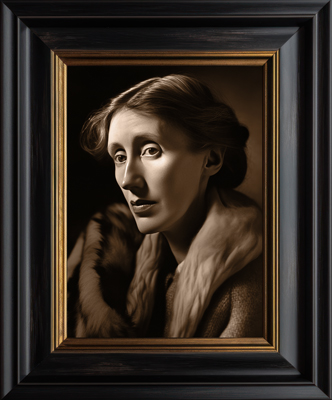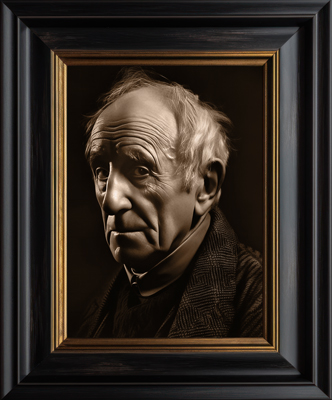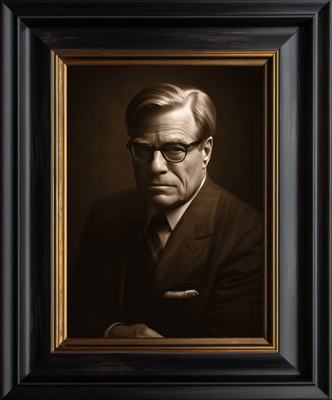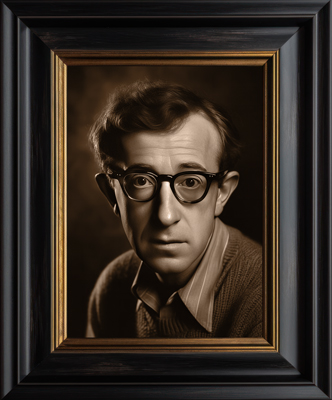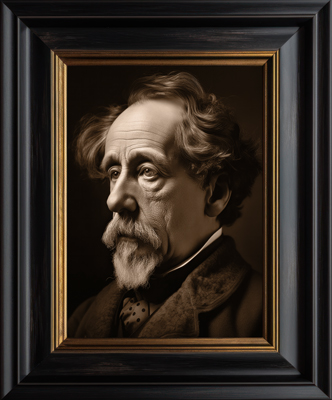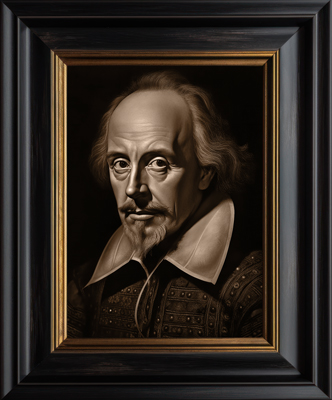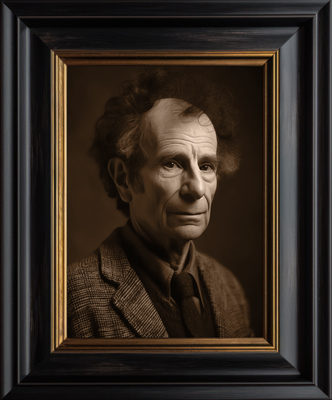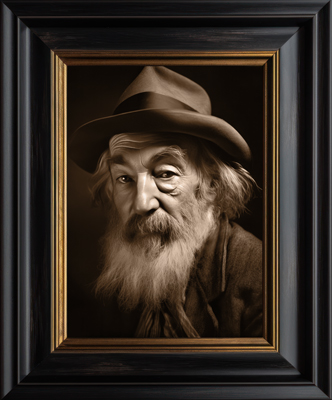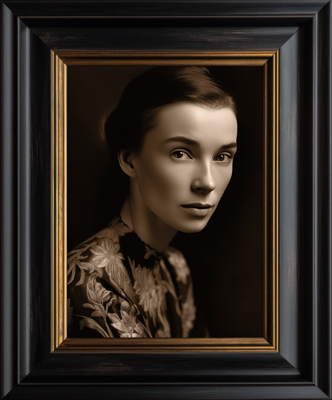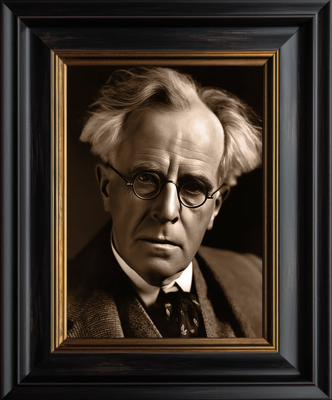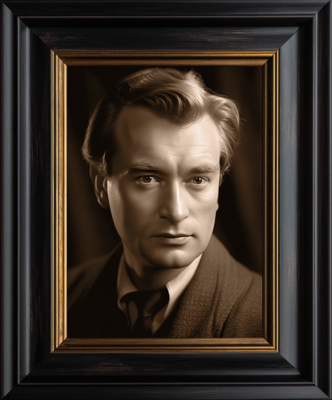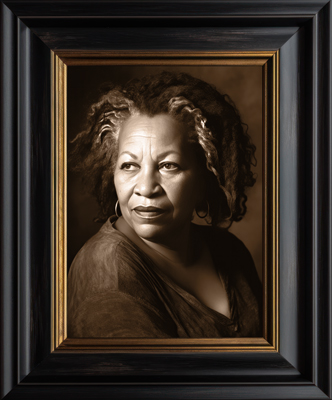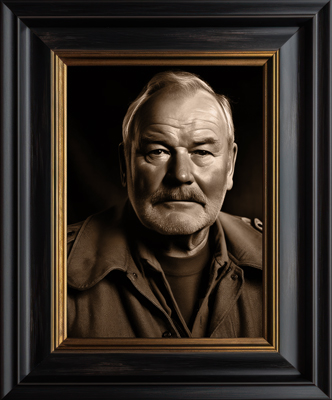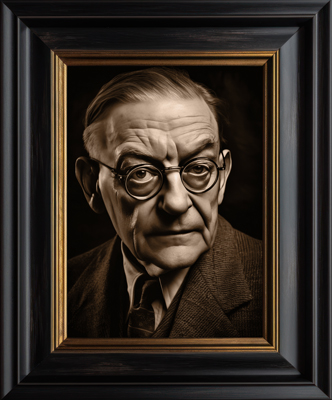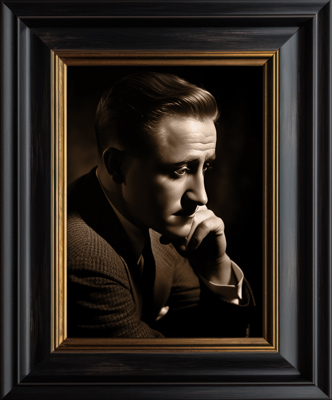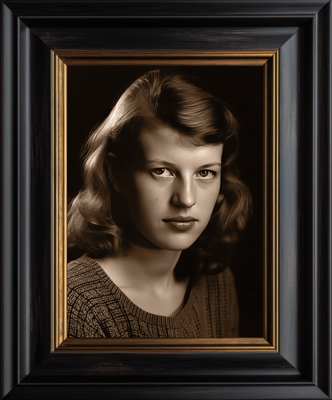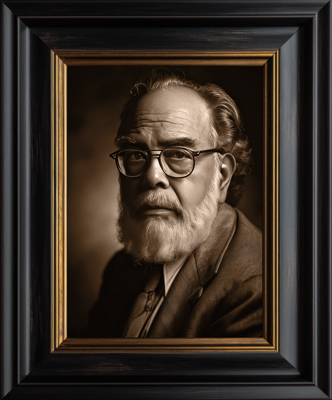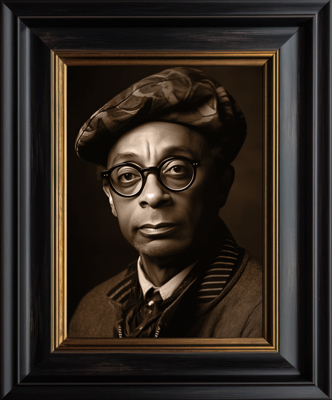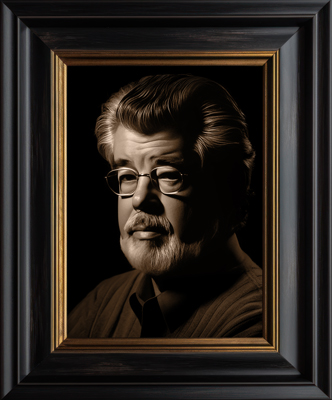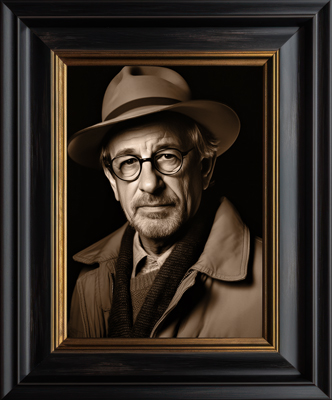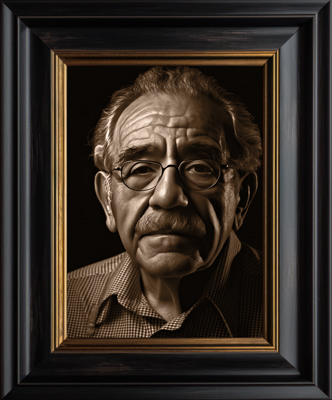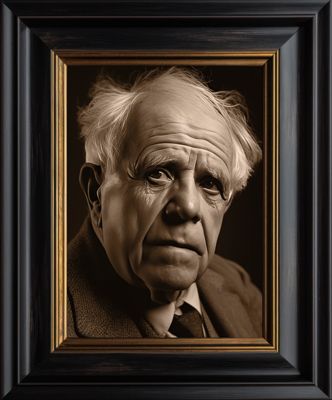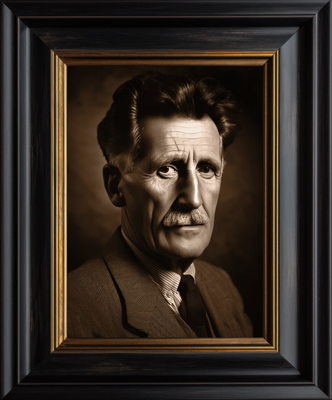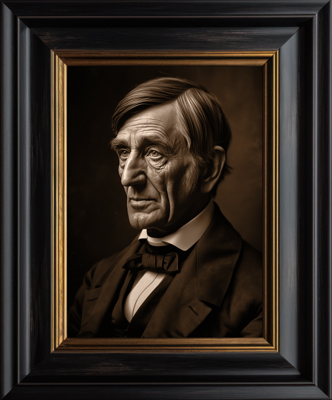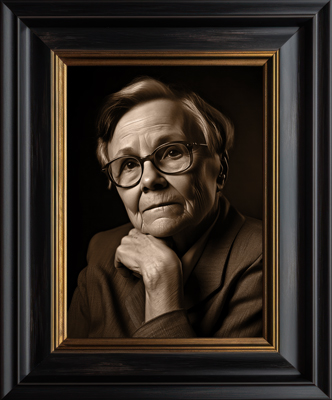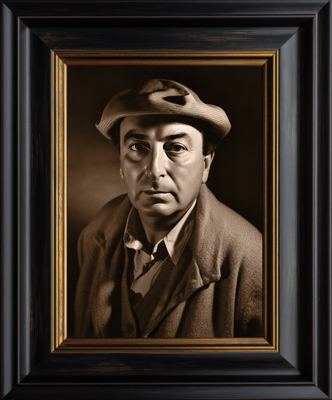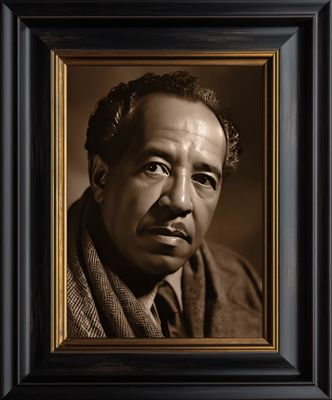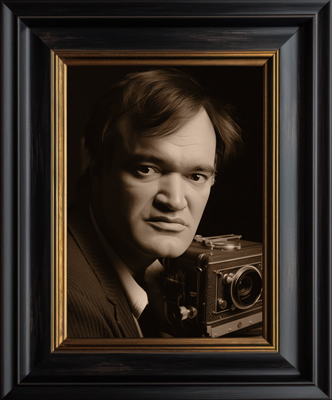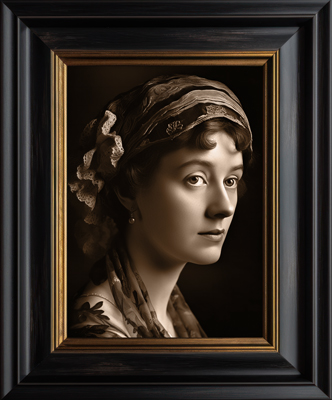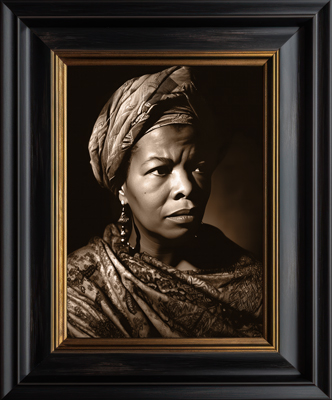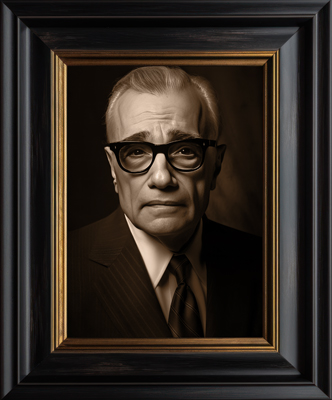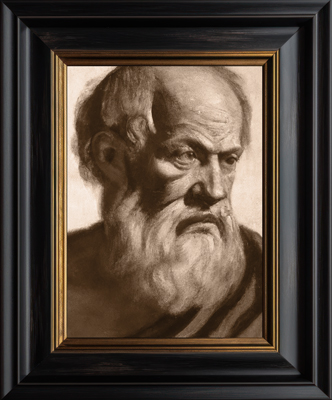FAMOUS AUTHORS FEATURE
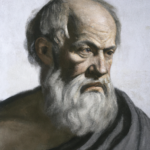



Virginia Woolf
Virginia Woolf (1882-1941) was an English writer, essayist, and feminist. She is best known for her novels “Mrs. Dalloway” and “To the Lighthouse,” which are considered some of the most important works of modernist literature. Woolf’s writing often explores themes of gender, sexuality, and mental health, and her work has had a significant impact on feminist literary criticism.
“For most of history, Anonymous was a woman.”
William Wordsworth
William Wordsworth (1770-1850) was an English poet who, along with Samuel Taylor Coleridge, helped launch the Romantic movement in English literature. Wordsworth’s poetry often celebrates the beauty of nature and the power of human imagination, and his work has had a lasting impact on English literature.
“The best portion of a good man’s life is his little, nameless, unremembered acts of kindness and of love.”
Aaron Sorkin
Aaron Sorkin is an American screenwriter, playwright, and producer born in 1961. He is known for his fast-paced dialogue and politically charged storylines. Sorkin has written several successful plays, including “A Few Good Men,” as well as acclaimed television shows, including “The West Wing” and “The Newsroom.” He has also written several films, including “The Social Network,” for which he won an Academy Award for Best Adapted Screenplay. Sorkin continues to be a major force in contemporary media.
“The internet is the most important single development in the history of human communication since the invention of call waiting.”
Woody Allen
Woody Allen is an American film director, writer, actor, comedian, and musician. He is one of the most prolific and critically acclaimed filmmakers of all time, having directed over 50 films. Allen is known for his comedies, which often feature dark humor and neurotic characters. He has won four Academy Awards for Best Original Screenplay.
“I’m not afraid to die. I just don’t want to be there when it happens.”
Charles Dickens
Charles Dickens (1812-1870) was an English novelist known for his social commentary and vivid characters. His works, including “Oliver Twist,” “A Tale of Two Cities,” and “Great Expectations,” are considered classics of English literature. Dickens’ writing often explores the plight of the poor and working-class, and his characters are often drawn from the lower rungs of society.
“It was the best of times, it was the worst of times,” from “A Tale of Two Cities,” speaks to his understanding of the complexities of human experience.
William Shakespeare
William Shakespeare (1564-1616) is widely considered the greatest playwright in the English language. Shakespeare’s works are known for their complexity, rich characterization, and exploration of human nature. His plays, including “Romeo and Juliet,” “Hamlet,” and “Macbeth,” have been performed and studied for centuries.
“All the world’s a stage, and all the men and women merely players,” from “As You Like It,” speaks to his understanding of the way life is a performance.
Charlie Kaufman
Charlie Kaufman is an American screenwriter, film director, and producer. He is known for his surreal and often dark comedies, such as Being John Malkovich (1999) and Eternal Sunshine of the Spotless Mind (2004). Kaufman has won an Academy Award for Best Original Screenplay for Eternal Sunshine of the Spotless Mind.
“I think that the best way to write a good story is to write about something that you’re interested in.”
Walt Whitman
Walt Whitman was an American poet and journalist born in 1819. He is best known for his collection of poems, “Leaves of Grass,” which he continued to revise and expand throughout his life. Whitman’s poetry is characterized by its free verse style and celebration of the beauty of everyday life. He was also a strong advocate for democracy and equality, and his work has been influential in American literature and culture. Whitman passed away in 1892, but his legacy lives on as one of the most important voices in American poetry.
“I am large, I contain multitudes.”
Emily Dickinson
Emily Dickinson (1830-1886) was an American poet who is now considered one of the most important figures in American literature. Although few of her poems were published during her lifetime, her poetry has had a profound impact on American literature and culture. Dickinson’s poetry often explores themes of death, nature, and spirituality.
“Hope is the thing with feathers that perches in the soul, and sings the tune without the words, and never stops at all.”
W. B. Yeats
W.B. Yeats was an Irish poet and playwright born in 1865. He is known for his romantic poetry, which often draws on Irish folklore and mythology. Yeats was a prominent figure in the Irish Literary Revival and co-founded the Abbey Theatre in Dublin. He was awarded the Nobel Prize in Literature in 1923. Yeats passed away in 1939, but his work continues to be studied and appreciated by readers around the world.
“Education is not the filling of a pail, but the lighting of a fire.”
Christopher Nolan
Christopher Nolan is an English-American film director, producer, and screenwriter. He is known for his science fiction films, which often explore the nature of reality and the human condition. Nolan has directed films such as Inception (2010), Interstellar (2014), and Dunkirk (2017). He has been nominated for eight Academy Awards, including Best Director for Inception.
“I think the best films are the ones that challenge the audience to think.”
Toni Morrison
Toni Morrison (1931-2019) was an American novelist, editor, and professor. She is best known for her works exploring the African-American experience, including “Beloved” and “The Bluest Eye.” Morrison was awarded the Nobel Prize in Literature in 1993, and in 2012, President Barack Obama awarded her the Presidential Medal of Freedom. Morrison’s writing is characterized by her powerful prose, complex characters, and examination of race and identity in America.
“If there’s a book that you want to read, but it hasn’t been written yet, then you must write it.”
Ernest Hemingway
Ernest Hemingway (1899-1961) was an American novelist, short-story writer, and journalist. Hemingway’s style is characterized by simple, straightforward language and a focus on the realities of life. He won the Pulitzer Prize for Fiction in 1953 for “The Old Man and the Sea” and the Nobel Prize in Literature in 1954. Hemingway’s experiences as a World War I veteran and his love of adventure and outdoor pursuits influenced his writing.
His famous quote, “The world breaks everyone, and afterward, some are strong at the broken places,” speaks to his exploration of themes of trauma and resilience.
T.S. Eliot
T.S. Eliot was a British-American poet, playwright, and critic born in 1888. He is known for his modernist poetry, including “The Waste Land” and “Four Quartets,” which are considered some of the most important works of the 20th century. Eliot was also a literary critic and editor, and his work had a significant impact on the development of modernist literature. He was awarded the Nobel Prize in Literature in 1948. Eliot passed away in 1965, but his influence continues to be felt in literature and culture around the world.
“Only those who will risk going too far can possibly find out how far one can go.”
F. Scott Fitzgerald
F. Scott Fitzgerald (1896-1940) was an American novelist and short-story writer known for his depiction of the Jazz Age. His most famous work, “The Great Gatsby,” is considered a masterpiece of 20th-century literature. Fitzgerald’s writing is characterized by a poetic style and a focus on the lives of the wealthy and privileged.
His famous quote, “So we beat on, boats against the current, borne back ceaselessly into the past,” from “The Great Gatsby,” speaks to his exploration of the themes of nostalgia and the elusive nature of the American Dream.
Sylvia Plath
Sylvia Plath was an American poet, novelist, and short story writer born in 1932. She is known for her confessional poetry and her novel, “The Bell Jar,” which is based on her own experiences with depression and suicide attempts. Plath’s work often deals with themes of death, trauma, and mental illness. Despite her relatively short career, Plath has had a significant impact on modern poetry and is considered one of the most important poets of the 20th century. Plath passed away in 1963, but her work continues to be studied and appreciated by readers around the world.
“I am, I am, I am.”
Francis Ford Coppola
Francis Ford Coppola is an American film director, producer, and screenwriter born on April 7, 1939, in Detroit, Michigan. He is known for his iconic films, including The Godfather trilogy, Apocalypse Now, The Conversation, and Bram Stoker’s Dracula, among others. Coppola’s career spans over five decades, and he has won numerous awards, including five Academy Awards, six Golden Globes, and the Palme d’Or at the Cannes Film Festival.
“I love the smell of napalm in the morning.”
Spike Lee
Spike Lee is an American film director, producer, screenwriter, actor, and professor. He is known for his films about race and social issues, such as Do the Right Thing (1989) and Malcolm X (1992). Lee has won an Academy Award for Best Adapted Screenplay for BlacKkKlansman (2018).
“The only way to make sense out of change is to plunge into it, move with it, and join the dance.”
George Lucas
George Lucas is an American film director, producer, screenwriter, and entrepreneur. He is the creator of the Star Wars franchise, which is one of the most popular and successful film franchises of all time. Lucas has also directed films such as American Graffiti (1973) and Indiana Jones and the Raiders of the Lost Ark (1981).
“The Force is what gives a Jedi his power. It’s an energy field created by all living things. It surrounds us and penetrates us. It binds the galaxy together.”
Steven Spielberg
Steven Spielberg is an American film director, producer, and screenwriter born in 1946. He is known for his ability to tell engaging stories across a wide range of genres, including drama, action, and science fiction. Spielberg has directed several critically acclaimed films, including “Jaws,” “E.T. the Extra-Terrestrial,” and “Schindler’s List.” He has won multiple awards, including three Academy Awards for Best Director. Spielberg continues to be one of the most successful and influential filmmakers of all time.
The delicate balance of mentoring someone is not creating them in your own image, but giving them the opportunity to create themselves.”
Gabriel Garcia
Gabriel García Márquez (1927-2014) was a Colombian novelist, journalist, and screenwriter. He is considered one of the most significant writers of the 20th century, known for his use of magical realism and his exploration of Latin American culture and politics. His most famous works include “One Hundred Years of Solitude” and “Love in the Time of Cholera.”
“What matters in life is not what happens to you but what you remember and how you remember it.”
Robert Frost
Robert Frost (1874-1963) was an American poet known for his depictions of rural life in New England. Frost’s poetry often explores themes of nature, human relationships, and the passage of time, and his work has had a significant impact on American literature.
“Two roads diverged in a wood, and I— I took the one less traveled by, And that has made all the difference.”
George Orwell
George Orwell (1903-1950) was an English novelist, essayist, and journalist known for his political commentary and dystopian fiction. His works, including “Animal Farm” and “1984,” are considered classics of 20th-century literature. Orwell’s writing often explores themes of totalitarianism, social injustice, and the abuse of power.
“In a time of deceit telling the truth is a revolutionary act.”
Ralph Waldo Emerson
Ralph Waldo Emerson was an American philosopher, essayist, and poet born on May 25, 1803, in Boston, Massachusetts. He was one of the leading figures in the transcendentalist movement of the mid-19th century and his work continues to inspire generations of readers around the world. Emerson believed in the power of the individual and the importance of self-reliance, and his philosophy had a profound impact on American literature and culture.
“Do not go where the path may lead, go instead where there is no path and leave a trail.”
Harper Lee
Harper Lee (1926-2016) was an American novelist best known for her Pulitzer Prize-winning novel “To Kill a Mockingbird.” The novel, which explores themes of racism, injustice, and courage in the American South, has become a classic of modern American literature. Lee was awarded the Presidential Medal of Freedom in 2007.
“The one thing that doesn’t abide by majority rule is a person’s conscience.”
Pablo Neruda
Pablo Neruda was a Chilean poet and diplomat born in 1904. He is known for his love poetry and political activism, and was a prominent member of the Chilean Communist Party. Neruda was awarded the Nobel Prize in Literature in 1971. His work continues to be celebrated for its beauty and social consciousness. Neruda passed away in 1973, but his legacy lives on as one of the most important voices in 20th-century poetry.
“You can cut all the flowers but you cannot keep spring from coming.”
Langston Hughes
Langston Hughes was an American poet, novelist, and social activist born in 1902. He is best known for his work during the Harlem Renaissance, a time when African-American art, literature, and music flourished in the 1920s and 30s. Hughes’ poetry often dealt with the experiences of working-class African Americans and celebrated their culture and identity. He also wrote plays, essays, and children’s books. Hughes passed away in 1967, but his legacy lives on as one of the most influential voices of the 20th century.
“Life is for the living. Death is for the dead. Let life be like music. And death a note unsaid.”
Quentin Tarantino
Quentin Tarantino is an American film director, screenwriter, and producer born in 1963. He is known for his unique style, which often includes nonlinear storytelling, pop culture references, and graphic violence. Tarantino has directed several critically acclaimed films, including “Pulp Fiction,” “Kill Bill,” and “Inglourious Basterds.” He has won multiple awards, including two Academy Awards for Best Original Screenplay. Tarantino continues to be a major influence on contemporary cinema.
“When people ask me if I went to film school, I tell them, ‘No, I went to films.'”
Jane Austen
Jane Austen (1775-1817) was an English novelist known for her sharp wit and social commentary. Austen’s novels, including “Pride and Prejudice” and “Sense and Sensibility,” explore the lives of women in the English gentry during the late 18th and early 19th centuries. Her characters are complex and fully realized, and her writing is characterized by a dry, ironic humor.
“I do not want people to be very agreeable, as it saves me the trouble of liking them a great deal.”
Maya Angelou
Maya Angelou was an American author, poet, and civil rights activist born in 1928. She is known for her memoir, “I Know Why the Caged Bird Sings,” which tells the story of her childhood and early adulthood. Angelou also wrote poetry, essays, and plays, and was a prominent voice in the Black feminist movement. In 1993, she became the first African-American woman to recite a poem at a presidential inauguration, when she read “On the Pulse of Morning” at Bill Clinton’s inauguration. Angelou passed away in 2014, but her work continues to inspire and empower people around the world.
“I’ve learned that people will forget what you said, people will forget what you did, but people will never forget how you made them feel.”
Martin Scorsese
Martin Scorsese is an American film director, producer, screenwriter, and actor. He is one of the most influential and celebrated filmmakers of all time, having directed over 80 films. Scorsese is known for his gangster films, which often explore the dark side of human nature. He has won nine Academy Awards, including Best Director for The Departed (2006).
“The movies are a matter of life and death. I remember when I was a kid, I would go to the movies and I would see a film that would change my life.”
Plato
Plato was an ancient Greek philosopher born in Athens around 428/427 BC. He was a student of Socrates and the teacher of Aristotle. Plato’s works, including his famous dialogues, explore a wide range of philosophical topics, from ethics and politics to epistemology and metaphysics. He is considered one of the most important figures in Western philosophy, and his ideas have had a significant impact on the development of philosophy and other fields.
“We can easily forgive a child who is afraid of the dark; the real tragedy of life is when men are afraid of the light.”

